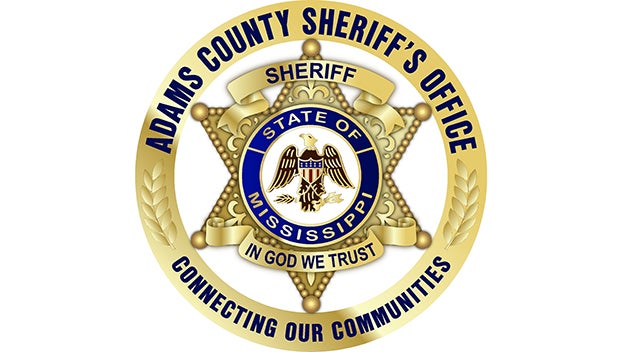Tourism Summit: Visit Natchez talks to stakeholders about funding and future
Published 1:27 pm Friday, September 29, 2023

- Jessica Cauthen, marketing manager for Visit Natchez, discusses the agency’s presence on social media. (Jan Griffey | The Natchez Democrat)
|
Getting your Trinity Audio player ready...
|
NATCHEZ — Devin Heath, executive director of Visit Natchez, and his staff gave its annual state of tourism in Natchez address Thursday morning at the Natchez Convention Center.
About 50 business owners and a variety of county and city officials attended the session.
Heath explained how Visit Natchez is funded, along with how that funding is spent to maximize tourism opportunities and revenues spent in Natchez.
Primary funding from Visit Natchez comes from three different taxes, including a 1.5 percent tax on sales are local restaurants and bars that earn more than $100,000 in sales per year; a 3 percent tax on lodging and an additional $2 fee called heads on beds, which means $2 for each occupied room at hotels, short term rentals and bed and breakfast.
In addition to those traditional funding mechanisms, Visit Natchez in the coming year will benefit from Mississippi tourism recovery funds, which originate from the American Recovery Plan Act funding.
Visit Natchez focuses on marketing the city to markets within a 300-mile radius of Natchez, which means those who can drive to Natchez within a day. That’s where the bulk of Visit Natchez marketing dollars are spent.
Heath said day-trip visitors are important, but studies show those who spend a night or more here are more valuable to Natchez businesses in terms of revenue spent in the city.
A guest speaker for the summit was Zeek Coleman, vice president at Americas Tourism Economics, a division of Oxford Economics, who worked to answer the question, “Can travel defy economic gravity in Natchez?”
Coleman’s company uses research and analyses data to determine economic factors on the travel industry.
Coleman said most predict a recession will occur in the last quarter of this year and the first quarter of next, but most expect it to be mild. Unemployment is expected to increase from its historic lows now to about 5.1 percent. However, most state and local governments are still flush with cash, thanks to money from the pandemic.
He said the effects of the coming recession would be different on the travel industry than most recessions before it. He said the status of most U.S. households is strong because debt is cheap and savings has increased. Coleman also said people continue to show the effects of being pent up and want to travel.






